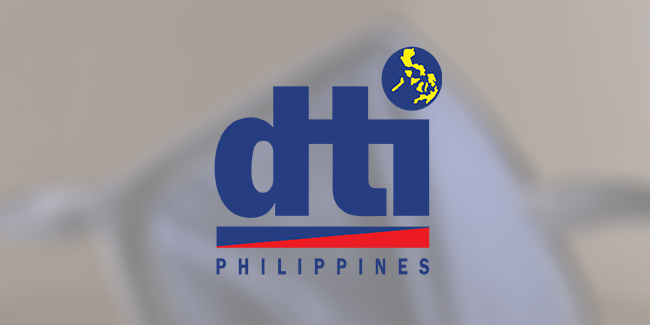The DTI will issue a “seal of legitimacy” to direct selling and MLM organizations.
DTI — On Friday, the Department of Trade and Industry announced that it will issue a “seal of legitimacy” to direct selling and MLM (multi-level marketing) organizations in order to safeguard customers and to promote fair and responsible business practices.

The agency said in a statement that it released Department Administrative Order (DAO) 21-09, or the “Guidelines on the Grant of the DTI Seal of Legitimacy for Legitimate Direct Selling and Multi-Level Marketing”.
Under the said order, companies engaged in legitimate multi-level marketing and direct selling may be granted a seal that will serve as “a mark distinguishing them from among those with questionable practices”.
The agency said that with the “seal of legitimacy”, it hopes to protect the public from becoming victims of entities employing chain distribution plans or pyramiding scams that are prohibited under Article 53 of Republic Act 7394 (Consumer Act of the Philippines).
“Through the DTI Seal of Legitimacy, we hope to guide the public in choosing the direct selling and multi-level marketing companies they will engage with so they will not fall prey to pyramiding schemes masked as MLM (multi-level marketing),” said DTI Undersecretary for Consumer Protection Ruth Castelo.
READ ALSO: DTI Asks e-Commerce Platforms To Only Sell Certified Products
The agency also said that interested companies may submit their application to CPAB (Consumer Policy and Advocacy Bureau), together with the following documentary requirements:
- Business permit/license to engage in the business as applied with the LGU (local government unit)
- Certificate of Registration issued by the DTI / Cooperative Development Authority (CDA) / Securities and Exchange Commission (SEC)
- Certificate of Bureau of Internal Revenue (BIR) registration
- General Information Sheet or list of members or officers including their Tax Identification Number (TIN)
- Compensation and marketing plan.
According to the agency, all applications must be reviewed by an evaluation committee before being approved by the Undersecretary for Consumer Protection Group (CPG).
The agency also said that companies that have been granted the seal will also be subjected to random and periodic audits in order to ensure compliance.
Thank you for visiting Newspapers.ph. You may express your reactions or thoughts in the comments section. Also, you may follow us on Facebook.
